Tyler's Journal
Aortic Regurgitation, Joined December 21, 2021
Aortic Regurgitation
Joined December 21, 2021
-
 I am from: Philadelphia
I am from: Philadelphia -
 My surgery date is: November 12, 2024
My surgery date is: November 12, 2024




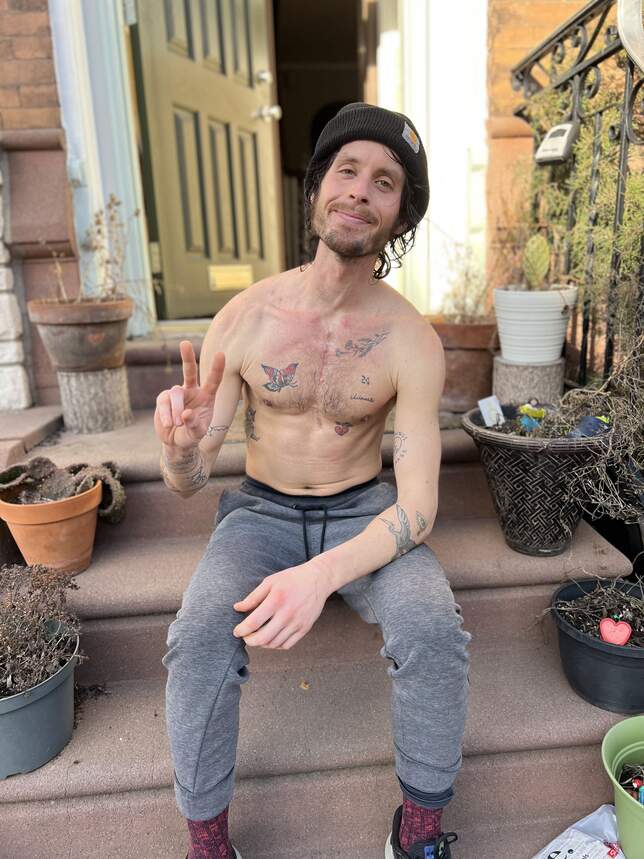
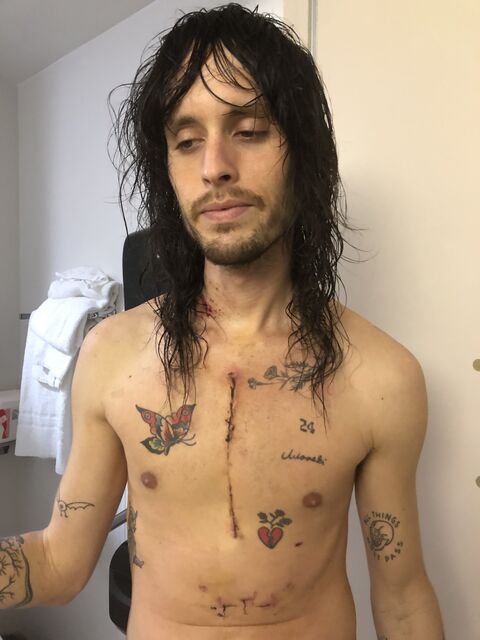
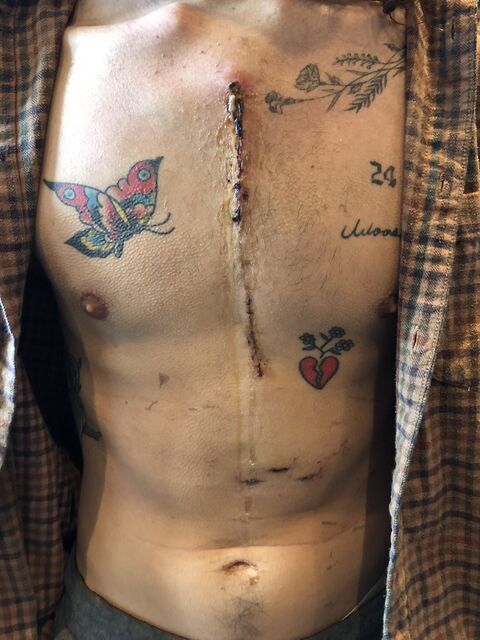
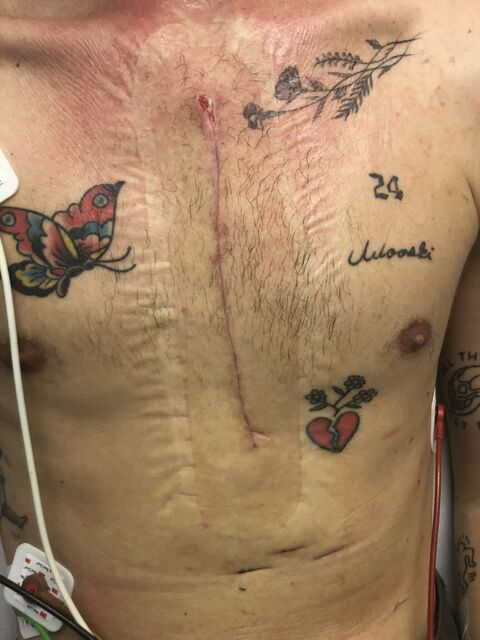
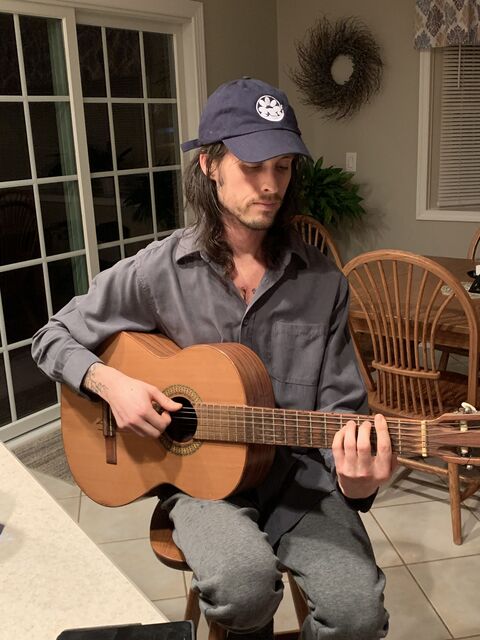
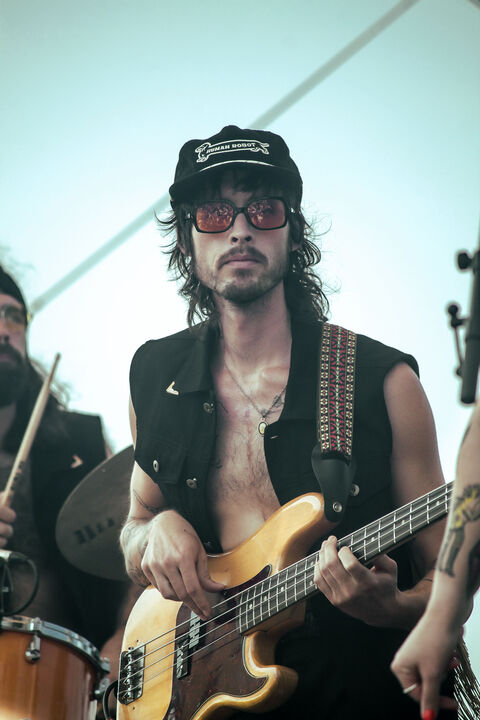
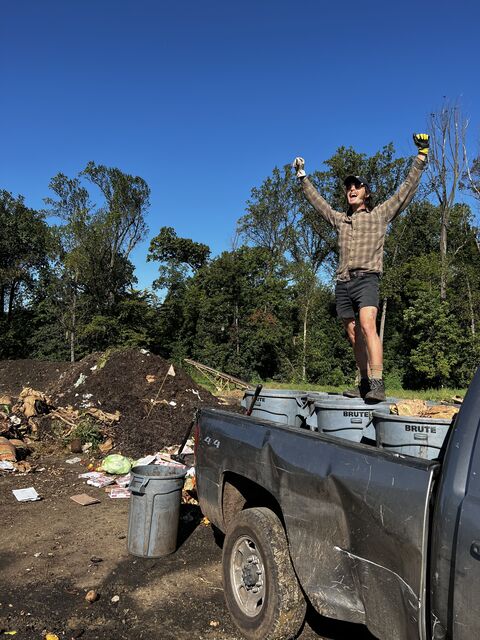
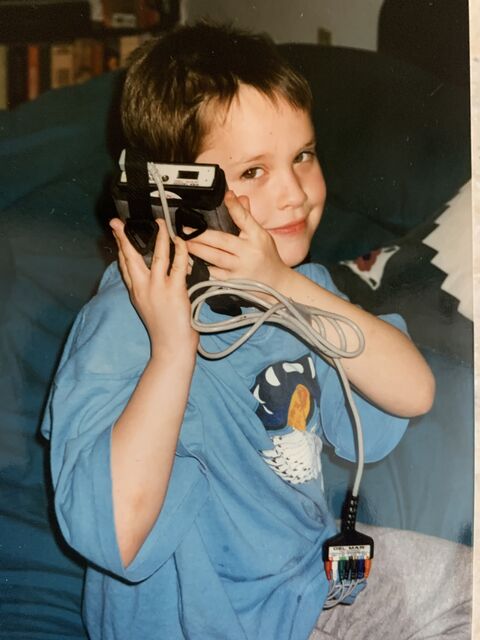

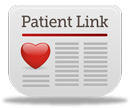
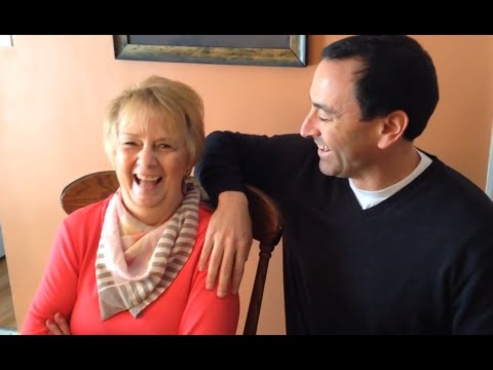

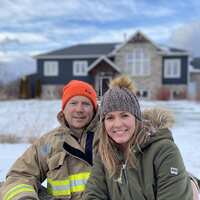
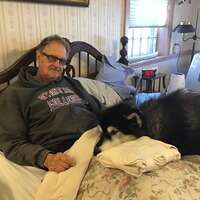
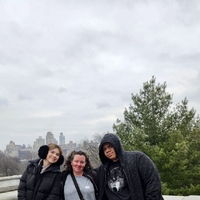


Howdy heart friends <3
I'm writing this as I prepare for my third heart surgery, more than likely happening ...Read more
Howdy heart friends <3
I'm writing this as I prepare for my third heart surgery, more than likely happening this upcoming fall (all of which happened in the last year and a half).
My name is Tyler and I am a 32 year old musician/environmentalist/runner that lives in South Philadelphia. I was also born with a unicuspid aortic valve, which I have monitored my entire life. This leaky valve created an aneurysm that had grown enough to justify addressing in the fall of 2021.
On February 1st 2022, I received open heart surgery by Dr Thomas Sloane Guy at Jefferson Hospital, in which they replaced my aortic root, gave me a mechanical valve, and an aortic graft. My recovery period was extended to almost 6 months due to an infection that occurred during the surgery.
I was able to get back to "normal life" once this cleared up, and even celebrated my 1 year post-op by running a half marathon!
Around the same time, a CT scan showed that I had a pseudo-aneurysm above the graft on my ascending aorta. No way to determine exactly why that happened, but more than likely, this was also due to the infection.
On May 1st 2023, I underwent a TVAR procedure by Dr. Abai at Jefferson, where they hoped to provide a stent to cover the area of the new pseudo. This is a tricky procedure because of the force of blood going through your aorta.
During the procedure, the stent shifted due to this force of blood flow, and the stent blocked my brachial artery, which required them to place 3 additional stents to keep my alive.
Because of the surgery becoming more complicated, the operating time was extended. This additional time was the catalyst for a blood clot to form in the intravenous site on my right arm. They were able to successfully remove it, though I have a 4ish inch incision on my bicep that is still healing.
Then, on the site they entered intravenously under my left collar bone, another pseudo aneurysm formed (about 3.8cm in diameter), which was pressing on a nerve plexus around my left shoulder. This has caused severe nerve issues in my left arm and I have no ability to flex my left bicep, and little feeling in my thumb, pointer, middle finger, or forearm. They gave me a thrombin injection to coagulate the pseudo, and ideally the nerve issues will continue to heal up. All this probably occurred because I was already on Coumadin for my mechanical valve, and that kept the TVAR sites from healing properly.
Even with all this, another scan showed that because the additional stents were needed next to one another, this didn't allow the larger ones to fully deploy.
So the initial aortic pseudo wasn't even covered, and an additional third surgery will now be needed.
As of right now, I am still healing from the 2nd attempt, and I am beginning appointments to learn of what the 3rd surgery will even look like. More than likely, they will have to replace the majority of my ascending aorta with another open surgery, placing me in a deep hypothermia, etc. Very complicated stuff.
I'm going to speak with surgeons at Jefferson (Dr Plestis), Einstein Montgomery (Dr Singer), as was as Penn (Dr Bavaria).
Really at this point it'd just be pretty cool to survive... the basics haha. I am remaining optimistic!
For the last 4 years I was working physical labor at a job I absolutely loved for a small composting company. These new challenges are forcing me to rethink my career. Something that feels very clear to me is that I would like to use my story to help others, and I am very interested in trying to find grad programs to become a therapist. There really was almost no resources provided to me on the mental side of this health crisis, and I am viewing that as a void I could help to fill.
In the meantime, Im looking into becoming a life coach, or other ways to make an income remotely. Ill probably need to do a fundraiser event of some sort to help me make ends meet, so I can heal properly and figure out this next step in my education. Ill be sure to keep this community in the know with all these things and would love your thoughts, recommendations, prayers, or support!
Heres a picture from a beautiful day, that my amazing girlfriend took shortly before my 2nd surgery. Doing my best to hold onto that positive energy I was feeling, and I hope it radiates outward to ya'll as well.
Wishing the best,
Tyler
Since your situation is so complicated, I was wondering if you asked the most experienced surgeons at the best of the best hospitals for second opinion... You mentioned few names, but just wanna make sure are you sure those are THE best people for this situation...
Klara you’re absolutely right that this will take a very very qualified surgeon. Through this process and being in and out of work, I’ve been on PA state insurance, so kind of been at the mercy of who’s in the state.
The surgeon I mentioned at Penn, Dr Bavaria, has been described to me as the “best in the nation” for aortic situations like this. I’m willing to lean in to that superlative for now… but to make sure I survive, I’m also willing to pay whatever I need to, to go wherever I need to.
... Read more
Klara you’re absolutely right that this will take a very very qualified surgeon. Through this process and being in and out of work, I’ve been on PA state insurance, so kind of been at the mercy of who’s in the state.
The surgeon I mentioned at Penn, Dr Bavaria, has been described to me as the “best in the nation” for aortic situations like this. I’m willing to lean in to that superlative for now… but to make sure I survive, I’m also willing to pay whatever I need to, to go wherever I need to.
I’m all ears for suggestions!
It’ll be a crazy summer of pulling this all together, especially when you’re given the timeline of “it’s not necessary today, but within 3 or 4 months”.
A bit of a race against time to make the best decision.
But something I’m confident I WILL find.
Please keep us posted on your health and career progress. You're destined for great things!
Sending love & strength from Scotland 🏴 xx